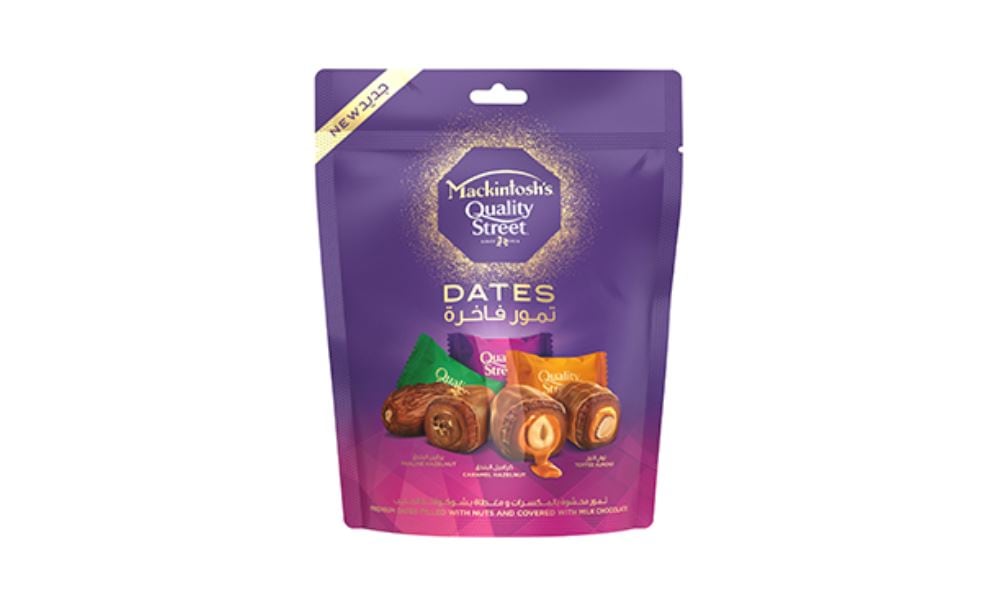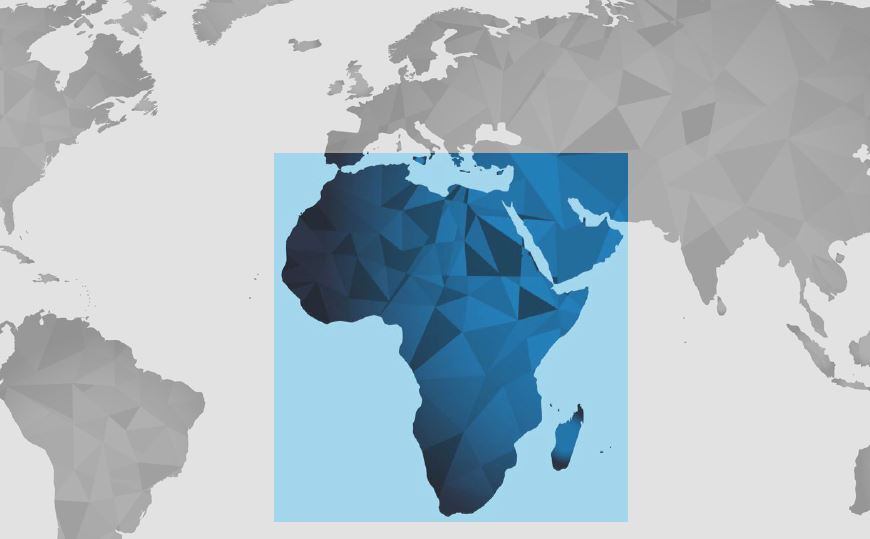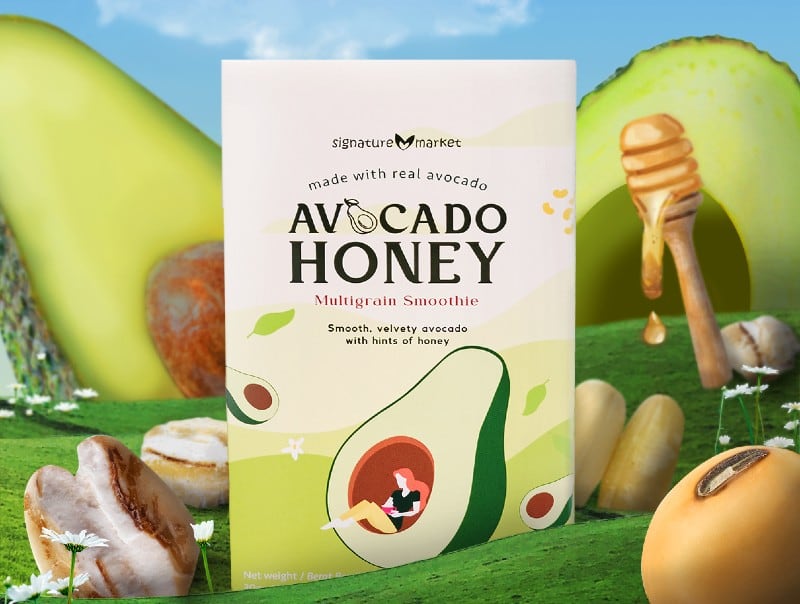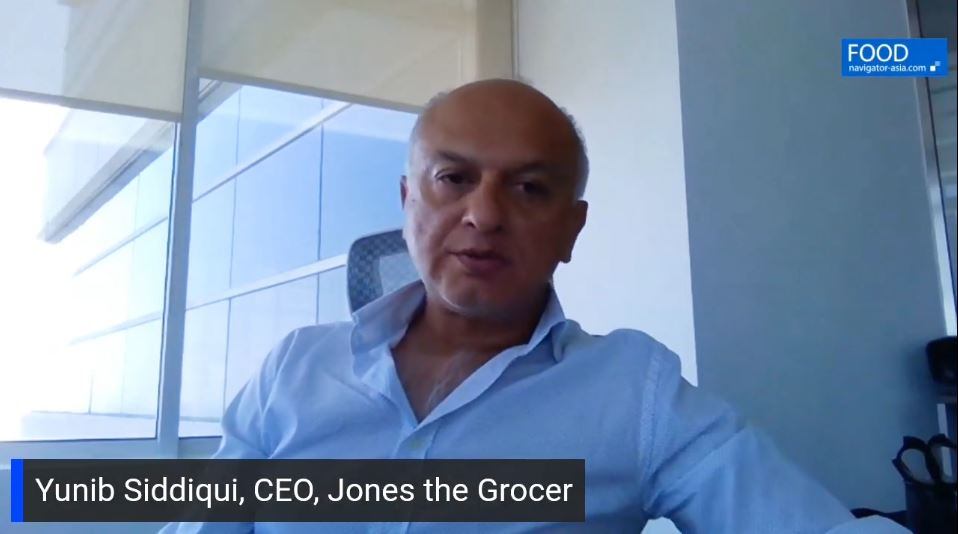Mackintosh Quality Street Date is Nestle’s latest confectionery offering in the MENA region.
The product is a date, stuffed with nuts and coated with milk chocolate.
Emile Douaihy, business executive officer of confectionery and snacking at Nestle MENA said: “They’re inspired by the region’s most iconic staple fruit and produced to provide a local palette favourite.”
It is currently available in three flavours, Praline Hazelnut, Caramel Hazelnut and Toffee Almond.
Quality Street’s chocolate and toffee products are typically used in local gifting occasions such as Ramadan, Eid al-Fitr, and Eid al- Adha.
R&D for the product took nearly eight months. “Chocolate covered dates are an innovation that marries the modern contemporary chocolate with the region’s staple fruit,” Douaihy told FoodNavigator-Asia.
The dates and chocolate are sourced from Saudi Arabia, UAE and Spain, and the product produced at a local manufacturing partner facility in the United Arab Emirates.
It retails for around AED 15 (US$4) for 102g package, and AED 36 (US$10) for the 255g version.
Quality Street Date is currently sold in hypermarkets across UAE, Saudi Arabia and Kuwait, and will launch in Oman, Bahrain, Egypt, and Morocco by the year-end.
Depending on consumer demand, the products may be exported beyond MENA according to Douaihy.
“At Nestlé MENA, we are constantly researching consumer trends, lifestyle changes, and their take on inherited traditions,” Douaihy said.
Last year, KitKat launched a Lotus Biscoff-flavoured chocolate bars first in Dubai, which went viral.
Also during Ramadan last year, Nestle launched KitKat Gahwa in the region, offering a taste of local Arabic coffee.
This March, Nestle Professional, the food service arm of Nestle launched its Sweet Earth plant-based range in UAE and Kuwait.
The three offerings of burger, schnitzel and nuggets now offer consumers in this region a meat-free alternative that was good for health and also the environment.
The Sweet Earth burger is made from soy, wheat, beetroot concentrate, and coconut oil, and has a lower environmental impact than a conventional beef burger, requiring 75% less land use and generating 80% less carbon emissions.
The range will be available in Saudi Arabia and Qatar soon.
Nestle is also exploring reformulating its products using more climate-friendly ingredients.
Sustainability
Nestle has set an ambition to achieve zero net emissions by 2050. In line with this, Nestle MENA opened its Morocco’s solar-powered milk and coffee factory in February 2021.
The plant will generate 1.7 GWh of electricity per year and eliminate more than one million kilograms of CO2 annually.
This is Nestle’s third solar-powered plant in the region, the first being Dubai in 2019, then Jordan.
Nestle MENA has a total of 25 factories (food, beverage, water), and has already reduced nearly 60% in greenhouse gas emissions over the last 10 years.
In the last three years alone, Nestle MENA also achieved 25% reduction in CO2 emissions in logistics and supply chain activities through efforts like increasing truck capacity, using Artificial Intelligence to track fleet, reducing the number of kilometers driven and replacing traditional white wood pallets to CHEP pooled pallets.
In terms of sustainable efforts in packaging, the company recently converted 99% of Smarties packaging with recyclable materials. Smarties Minis was the first to launch in 100% paper packaging.
In its financial report for 2020, Nestle’s Europe, Middle East and North Africa (EMENA) sales fell 6% to 20.23 billion Swiss francs (US$22bn) from 21.46 billion Swiss francs (US$23bn).
Nestle’s CEO, Mark Schneider commented: “The global pandemic did not slow us down. Our nutrition expertise, digital capabilities, decentralised structure and innovation engine allowed us to adapt quickly to changing consumer behaviours and trends,
“At the same time, we remained focused on sustainability and set out our path to achieve net zero greenhouse gas emissions by 2050. This journey is expected to support future growth and be earnings neutral – it will generate value for society and our shareholders.”




